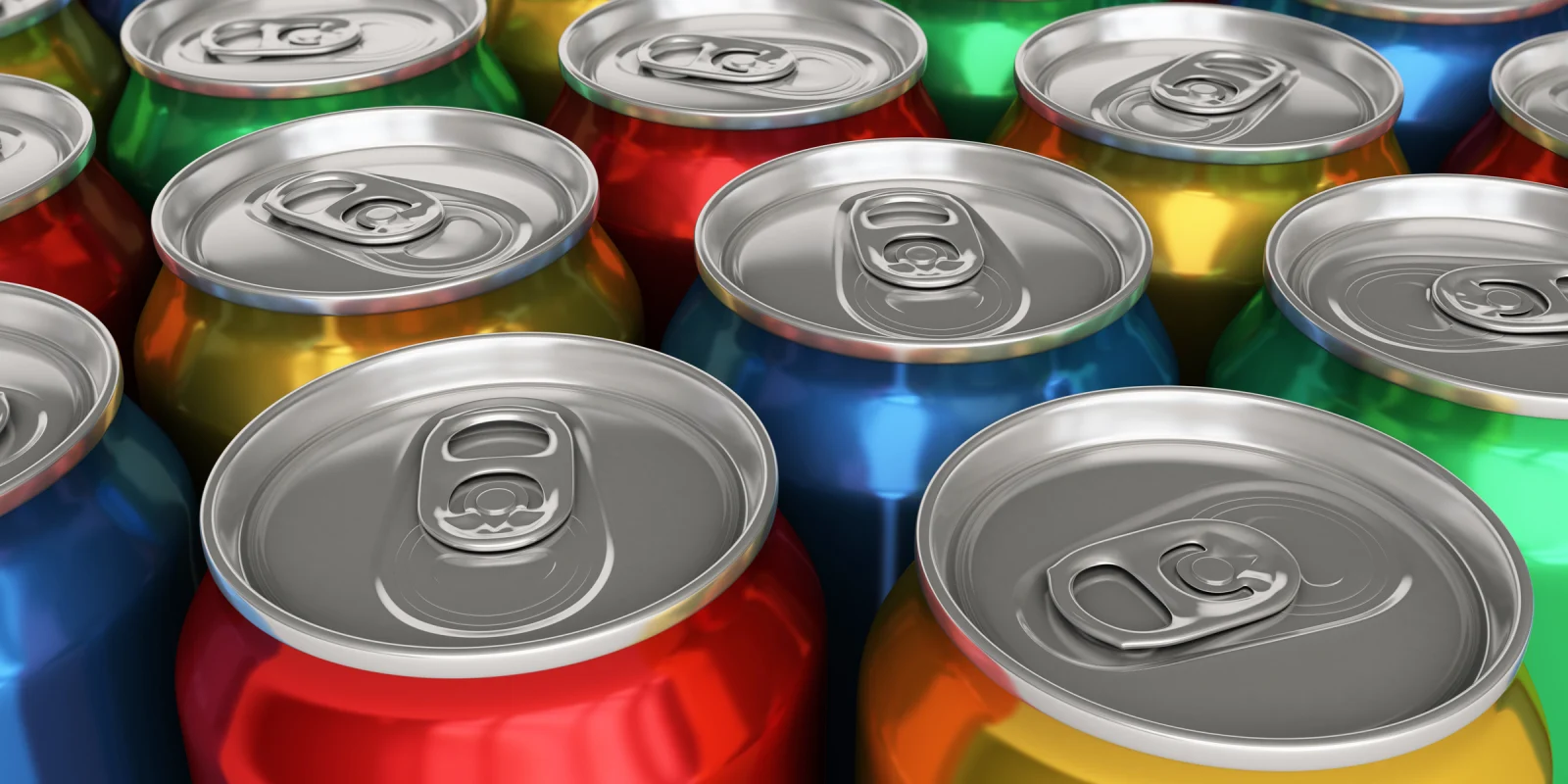Can diet Dr Pepper ruin a doctor’s finances? It seems like a random question. But when you get down to it, diet Dr Pepper does have a tight hold on a lot of physicians. Throughout medical school, residency, fellowship, and now my attending position, I’ve known a surprising amount of doctors, specifically surgeons, who seem to live on diet Dr Pepper. Some even drink it at morning conferences! And most of these doctors don’t bring their own cans — they use the ridiculously marked-up vending machine. As a prudent saver, I can’t help but wonder about the financial ramifications of such a habit.
Let's break down a few facts, with my hospital as a case study:
- One can of diet Dr Pepper from our vending machine costs $2.25.
- While my colleagues and I occasionally operate on weekends, let’s assume we are only operating on working (non-holiday) weekdays. So that is roughly 260 days annually.
- On a regular operating day, a doctor friend I polled says he usually has one diet Dr Pepper.
- However, I do approximately 100 longer flap surgeries each year (conservative estimate). The aforementioned doctor friend usually helps in these cases. He states that on “flap days” he typically has two diet Dr Peppers.
- Therefore, in a year, he consumes about 360 diet Dr Peppers from our vending machine [(100 bottles x 2 for flap days) + (260-100 bottles on non-flap days)].
We have established our baseline rate. At $2.25 a pop (pun intended), my doctor friend is spending $810 annually on diet Dr Pepper in the hospital (we are not even including his home consumption, which I have on good authority from his wife is similar!).
So, what are the consequences of this habit? Let’s say that instead of spending that $810 each year on vending machine soda, this doctor invested it in low cost, broadly diversified index funds.
And let’s make the following assumptions:
- He invests the $810 each year into the same fund.
- Average returns are 5% (to account for taxes, fees, and inflation).
- He invests it for 25 years during his working career, after which he uses it to help fund his retirement.
Using this FIRE calculator download, we can see that under these conditions, this doctor would end up with $38,659. That’s a pretty nice chunk of change. And for reference, simply saving that $810 annually for 25 years would result in $20,250.
Though doctors, as high earners, can usually afford to spend the $810, it’s still a significant amount of money — especially when you consider how much not saving it costs you. So, to understand why my doctor friend and others like him aren’t buying in bulk, we need to discuss if these bubbly expenditures are being made intentionally. Because that is the real marker in the determination of the vending machine soda habit as a good versus bad financial decision. The next question is, to what price are we comparing the subsequent joy of the purchase? The $2.25 purchase price? The $810 annual expenditure? Or the $38,659 future value if invested? That’s a tough philosophical question.
Personally, I would argue that this doctor is making the purchases intentionally. I mean, you should see his face when he gets that diet Dr Pepper. But even if we are calling these purchases intentional … why is he still buying them from the vending machine?!
A quick Google search will show that one can buy a six-pack of equivalent diet Dr Pepper bottles for $4.18 at Walmart. That comes out to about $0.70 per bottle. Compared to $2.25 from the vending machine, that’s a price increase of 321%!
Thus, by buying the diet Dr Peppers in bulk beforehand, this doctor’s yearly expenses would decrease from $810 to $252. That’s a 69% savings! If he invested those $558 savings annually using the same assumptions above, he would end up with over $26,000!
Reflecting on my friend’s habit, I’ve come to wonder if what drives him is not so much the joy of drinking the diet Dr Pepper, but the joy of using the vending machine. If that’s the case, I have a solution for him that will enable him to turn this liability into an asset: He could buy the vending machine! Then at least when he grabs a refreshing diet Dr Pepper, he makes some money back on the sale. Plus whatever other people buy.
If my hunch is wrong, then I hope my friend — and the other DDP-dependent doctors reading this — can be persuaded to make the switch to bulk-buying. After all, vending machine prices are bonkers — and though as high income earners, we are lucky to have the ability to buy such “everyday extravagances” intentionally, we could still have our DDP and drink it too.
Do you have an everyday extravagance? Share what draws you to it in the comments!
Jordan Frey, MD is a plastic surgeon in Buffalo, NY at Erie County Medical Center and the University of Buffalo. His clinical focus is on breast reconstruction and complex microsurgery. He is also the founder of The Prudent Plastic Surgeon, one of the fastest growing finance blogs. There, he shares his journey to financial well-being with a goal of helping all physicians reach financial freedom, practicing on their own terms.
Image by Getty Images






